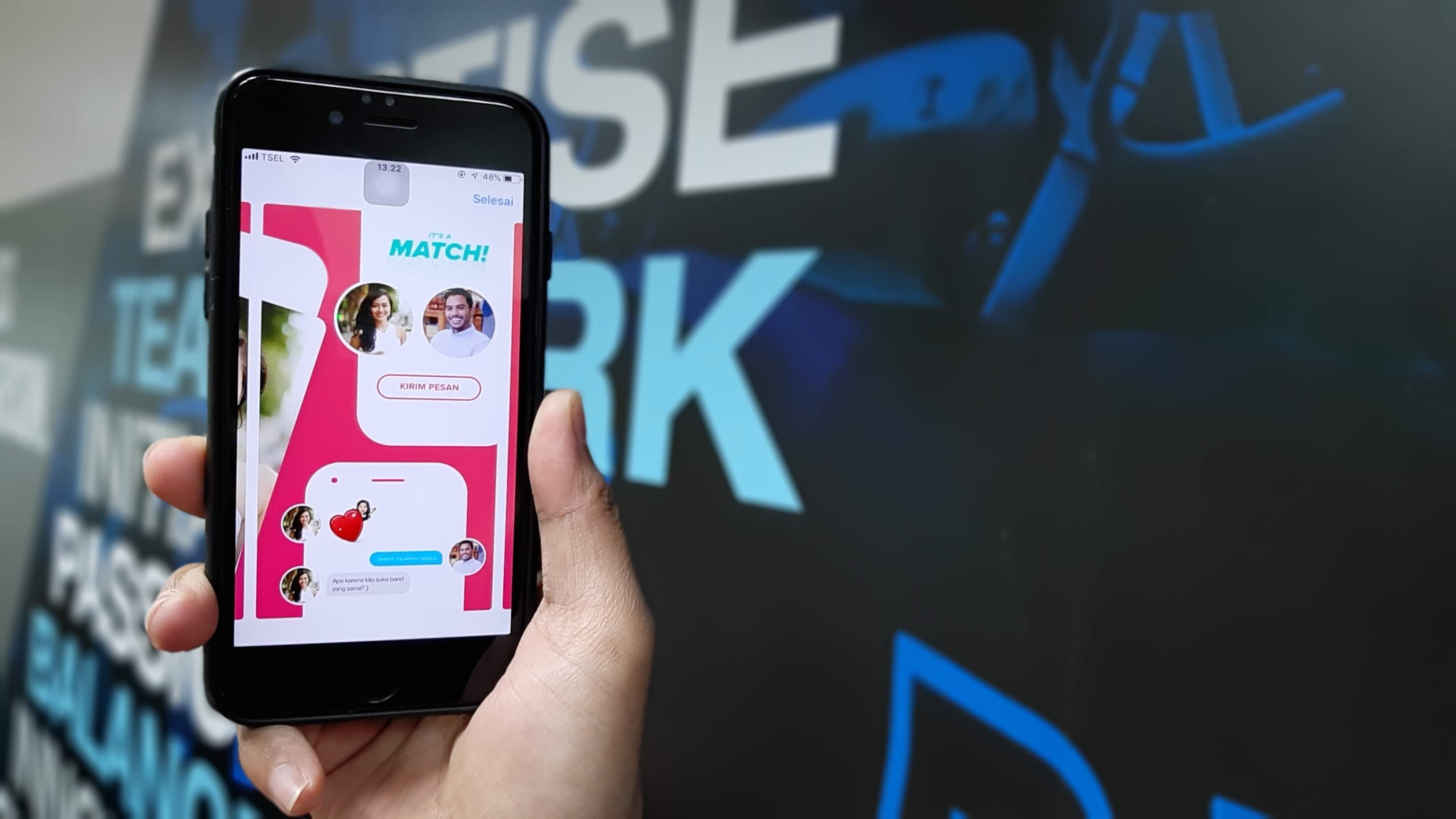Asking for help is something to be proud of, and you don’t have to go through this alone.
Most of us are well aware of catfishing and the fact that not everyone is who they say they are online. More and more dating apps are implementing changes in the form of verification features that help to weed out fake profiles, and common online safety tips can help you to prevent getting tricked by a catfish. Even so, things happen. You might find that someone is using your photos to catfish someone else, or you might find out that someone you were talking to went to such great lengths to pull one over on you that they succeeded in assuming a false identity. Either way, faking one’s identity online is a serious issue. So, when does catfishing become a legal issue? What can you do if someone’s using your photos to catfish another person? Today, we’ll answer those questions and talk about how to get through the realization that you’ve encountered a catfish.
What Exactly is a Catfish?
As a slang term, the definition of a catfish is “a person who assumes a false identity or personality on the internet, especially on social media websites, as to deceive, manipulate, or swindle.” Originating from the 2010 documentary called “Catfish” and further popularized by the MTV series called “Catfish,” the slang term is used to describe someone who creates a fake profile or persona online for any reason. There are ways to prevent yourself from falling victim to catfishing, and two of the best things to do are to take precautions and listen to your gut. You may do a reverse image search if you think that the person you’re talking to isn’t who they say they are, or you may search their phone number and name if anything suspicious is going on. It is important to video chat with people before you meet them face-to-face, and because of catfishing, this is a common practice that people use when dating or meeting friends online.
When Does Catfishing Become a Legal Issue?

While catfishing will not always create a legal case, it may become a legal issue with a cause for a case in various scenarios. Here are some of them:
- Theft. If you sent someone money or goods under false conditions presented to you by a catfish, it may be a reason for you to pursue a legal case.
- Infringement of intellectual property.
- Defamation of character. If, for example, a catfish defames the person that they’re imitating, there may be a legal case.
- Stalking or harassment.
Of course, this is by no means an extensive list. Depending on the actions of the catfish and the extent of the person’s behavior, identity theft may be a cause for legal action. Any illegal activity involving minors is a serious case. Note that laws will vary from state to state. If you want to pursue legal action, it is vital to look into the laws in your area and look into your options. Being a victim of catfishing is painful, and sometimes, it is dangerous. If you are in need of immediate help, call 911 or utilize other appropriate emergency services.
Find Support During Your Legal Battle
If you’re the victim of catfishing or are facing anything else that’s impacting your mental health or life overall, whether that’s trouble in interpersonal relationships, familial issues, a mental health condition, or something else, you deserve to get the support you need. Talking with a licensed professional counselor or therapist can help you move forward and cope during this difficult time. The tough part can be knowing how to find the right fit. There are a number of ways that you can go about finding a therapist. You can ask your doctor for a referral, contact your insurance company, use an online directory, or sign up for a reputable online therapy website. Regardless of how you decide to find a therapist or counselor, don’t hesitate to reach out and get started with the process of finding a provider today. Asking for help is something to be proud of, and you don’t have to go through this alone.


Join the conversation!